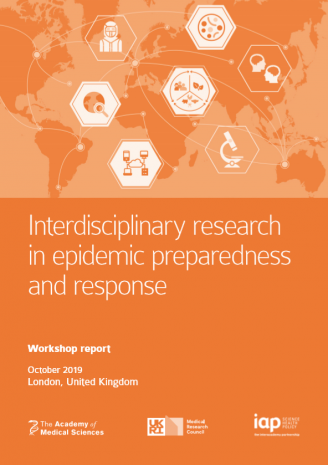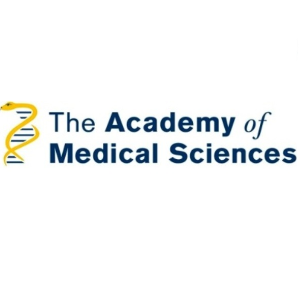Workshop report. October 2019, London, United Kingdom . During the 21st century, the world has experienced multiple devastating epidemics of Ebola, Zika, Yellow Fever, Lassa fever, Nipah virus and many other infectious diseases. Epidemics are defined by the complex interactions between microbes, people, animals and ecosystems, and factors such as increased global mobility, population density and climate change are contributing to the rise of epidemics caused by emerging and re-emerging diseases. As well as their health impacts, epidemics cause huge social disruption and have enormous economic consequences for affected countries.
Infectious disease outbreaks are seemingly inevitable. However, their impact can be mitigated through better preparedness and more effective responses. Research has a key role to play in both preparedness and intervention. Furthermore, given the multiplicity of biological, social, cultural and environmental factors affecting the spread of infections, many different kinds of research – biomedical, social and environmental sciences – all have important contributions to make. Work across disciplines, however, is often not well integrated.
To address this need for interdisciplinary research, the Academy of Medical Sciences (AMS), the InterAcademy Partnership (IAP) and the Medical Research Council (MRC) convened a two-day workshop in London in October 2019 funded by the AMS, through the Global Challenges Research Fund (GCRF), and the MRC. The workshop set out to explore the evidence required for effective epidemic preparedness, prevention and response, particularly in low- and middle-income countries, and how interdisciplinary research can best be facilitated to meet these evidence needs.
The organisers and a steering committee chaired by Professor Jimmy Whitworth FMedSci, London School of Hygiene and Tropical Medicine, UK, and Professor Rajae El Aouad, Hassan II Academy of Science and Technology, Morocco, developed the workshop programme. This report provides a summary of the key themes to emerge during the workshop. It reflects the views expressed by participants at the workshop and does not necessarily represent the views of all participants, all members of the steering committee, the AMS, the IAP or the MRC.


